What’s The Best Way to Remove Calcium Buildup in Your Homes Drains & Pipes?
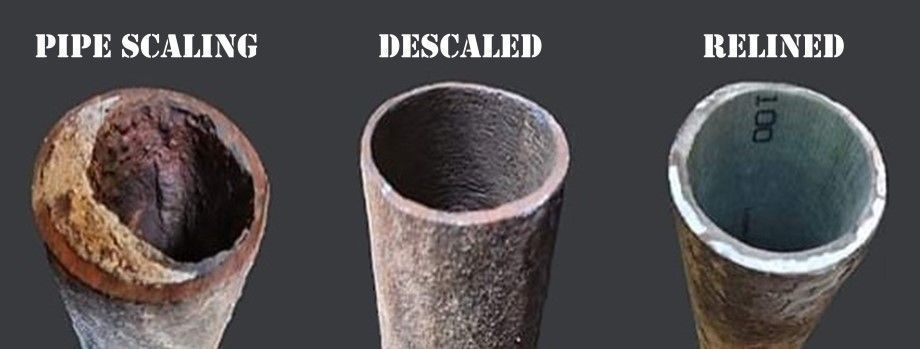
Calcium buildup in drains and pipes is a common problem in many households. Over time, minerals present in the water can accumulate and form a hard, stubborn layer of calcium deposits. These deposits can restrict the flow of water and eventually lead to clogged drains and pipes. To prevent this from happening, it is important to regularly remove calcium buildup and maintain the optimal functioning of your plumbing system.
There are several methods that can effectively remove calcium buildup from drains and pipes. One popular method is using a mixture of vinegar and baking soda. This natural and chemical-free solution can break down the calcium deposits and clear the clogs. To use this method, simply pour a cup of baking soda down the drain, followed by a cup of vinegar. Allow the mixture to sit for about 30 minutes, and then flush it out with hot water. This method is not only effective but also environmentally friendly.
Another effective way to remove calcium buildup is by using a commercial descaler or a lime scale remover. These products are specifically designed to dissolve mineral deposits and can be found in most hardware stores. To use a descaler, follow the instructions on the product label, as different brands may have different application methods. Generally, you would need to pour the descaler into the affected drain or pipe, let it sit for a specified amount of time, and then flush it out with water.
Prevention is key when it comes to dealing with calcium buildup in drains and pipes. Regularly cleaning your drains and pipes with hot water can help prevent the accumulation of minerals and keep your plumbing system running smoothly. Additionally, using a water softener can also eliminate hard water and the amount of calcium buildup & mineral deposits present in your water supply, giving your clear flowing cleaner water. Drain Brain LLC today at 720-322-4845 we can help.
How To Deal with Calcium Build up in Drains & Pipes in your Denver Home
Calcium buildup in your homes drains & pipes occurs when hard water passes through the plumbing system. Hard water contains minerals such as calcium and magnesium, which can accumulate over time, leading to clogged pipes. As the water flows through the pipes, these minerals settle and form a hard residue, restricting water flow and causing plumbing issues.
Calcium buildup is a prevalent issue in areas with hard water, which is known for its high mineral content containing calcium, potassium, and magnesium. These three minerals can cause significant damage to your home's drains and pipes. The accumulation of calcium buildup & mineral deposits can lead to clogged drains and reduced water flow.
It is essential not to ignore these early signs of plumbing issues and take proactive measures to prevent further damage. Hard water contains a high concentration of minerals, primarily calcium, potassium, and magnesium. When this water flows through your plumbing system, these minerals can accumulate over time and form stubborn deposits. Calcium buildup is particularly common in areas with hard water due to the high levels of calcium present.
These deposits can cause blockages in your pipes, leading to clogged drains and reduced water flow. If left untreated, calcium buildup can wreak havoc on your plumbing system. As the deposits continue to accumulate, they can restrict the flow of water through your pipes, causing backups and potential damage. Ignoring these early signs of plumbing issues can result in costly repairs down the line. Therefore, it is crucial to address the problem as soon as possible.
To avoid the detrimental effects of calcium buildup, it is advisable to take preventive measures. Regularly cleaning and maintaining your homes drains and pipes can help remove any existing deposits and prevent future buildup. Additionally, using water softeners or installing a water filtration system can reduce the mineral content in your water, minimizing the risk of calcium deposits. Drain Brain LLC today at 720-322-4845 we can help.
What Caused the Calcium Buildup in Your Pipes?
Quickly Identifying calcium buildup before it causes serious plumbing issues including clogged drains & other plumbing problems in your drains & pipes caused by hard water is crucial for early detection and prevention of other serious plumbing issues. Calcium deposits in your home’s pipes are very common especially if you have hard water or worse water that has a high mineral content from potassium, magnesium or calcium look for crusty white limescale you will find it on the dishwasher & dishes, kitchen & bathroom sink and especially the toilet.
1. Just look for slow drains: If water is taking longer than usual to drain from your sinks, bathtubs, or showers, it could be a sign of calcium buildup. As the crusty white residue accumulates, it creates a narrow passage for water to flow through, causing drainage problems.
2. Foul odors: Calcium buildup can trap organic matter, such as hair and soap scum, leading to unpleasant odors emanating from your drains. If you notice a persistent foul smell, it's likely that calcium buildup is present.
3. Low water pressure: As calcium buildup restricts water flow, you may experience decreased water pressure in your faucets and showerheads.
This can be frustrating and inconvenient, making everyday tasks like washing dishes or taking a shower more difficult. Drain Brain LLC today at 720-322-4845 we can help.
If you notice any of these calcium buildup like hard crusty & chalky deposits, it's important to take action to remove the calcium buildup in your drains & pipes before it worsens. Ignoring the issue can lead to more severe plumbing issues including clogged drains which is usually started with & caused by hard water. Pouring CLR or baking soda & vinegar are fast home remedies, however they only work temporarily, and the mineral & calcium deposits will be back unless you find out what is causing the problem. Contacting a Denver plumbing company like Drain Brain LLC who has seen these plumbing issues that typically start with hard water and creates the calcium buildup and the white chalky, crusty, stains that can cause corrosion and blockage in your homes drains & pipes if not fixed.
Dealing With & Fixing Calcium Buildup in Drains & Pipes
Calcium buildup in drains & pipes not only affects the performance of your homes plumbing pipes but can also cause significant hard water damage if left untreated. Here are Calcium buildup in pipes that can cause major plumbing issues of which hard water is usually the cause:
1. Clogged drains: As the buildup accumulates, it can completely block the drains & pipes, resulting in clogged drains. This can lead to water backup, flooding, and damage to your property.
2. Corrosion: The minerals in hard water, including calcium, can corrode the inner lining of the pipes over time. This corrosion weakens the pipes, making them more prone to leaks and breakage.
3. Reduced lifespan of appliances: Calcium buildup can affect the efficiency and lifespan of appliances connected to your plumbing system, such as dishwashers and washing machines. The buildup can interfere with the proper functioning of these appliances, leading to costly repairs or replacements. Drain Brain LLC today at 720-322-4845 we can help.
These potential consequences highlight the importance of addressing calcium buildup in drains & pipes promptly. By removing the calcium buildup & mineral deposits, you can restore proper water flow, prevent damage to your plumbing system, and extend the lifespan of your appliances.
Drain Brain LLC today at 720-322-4845 we can help.
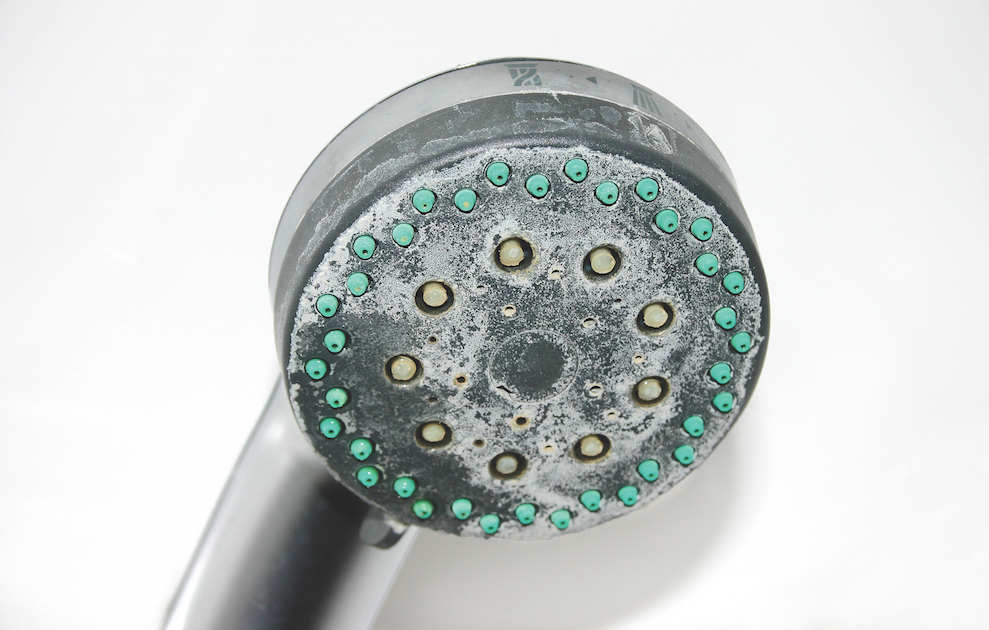
When it comes to removing calcium buildup & mineral deposits in shower drains due to sodium magnesium, potassium and other hard water chemicals, there are several calcium buildup & mineral deposit removers to choose from. The right method for you will depend on the severity of the calcium buildup & mineral deposits and how bad the calcium buildup is. The DIY solutions may not work in cases that the calcium buildup & mineral deposits have clogged the drains & pipes and the water is barely flowing. Get a plumber like Drain Brain LLC to help with plumbing issues caused by hard water, calcium buildup & mineral deposits they can help you get rid of these hard water issues before they do serious damage to your drains & pipes.. Here are the different options:
If you prefer a more hands-on approach and want to save some money, there are several DIY solutions you can try to remove calcium buildup from shower drain. These methods often use household ingredients and can be effective for mild to moderate buildup. Here are some popular DIY methods:
1. Vinegar and baking soda: This natural and inexpensive solution can help dissolve calcium buildup. Start by pouring a cup of baking soda into the drain, followed by a cup of vinegar. Let the mixture sit for a few hours, then flush it out with hot water. This method can help break down the buildup and improve water flow.
2. Boiling water: For minor calcium buildup, simply pouring boiling water down the drain can help dislodge the residue. Boiling water has the added benefit of sanitizing the drain, eliminating any lingering odors.
3. Salt and lemon: Create a mixture of salt and lemon juice and pour it down the drain. Let it sit for a while before flushing it out with hot water. The acidity of the lemon juice combined with the abrasive properties of salt can help loosen the calcium buildup.
These DIY solutions can be effective for mild cases of calcium buildup. However, they may not be sufficient for a more severe calcium buildup. If you're facing stubborn calcium deposits or prefer a more hands-off approach, chemical solutions may be a better option or call Drain Brain LLC Denver’s best plumber for fixing calcium build up & mineral deposits caused by hard water once and for all.
What Chemical Solution Removes Calcium Buildup in Your Drains & Pipes
Chemical solutions are readily available in stores and are designed specifically to dissolve calcium buildup in drains & pipes. Chemical products can be dangerous & often containing powerful acids or enzymes that break down the residue, restoring water flow. Be careful when using them, here are some common chemical solutions:
1. Calcium lime rust remover (CLR): CLR is a popular choice for removing calcium buildup. It's a powerful cleaner that can dissolve mineral deposits, including calcium, lime, and rust. Follow the instructions on the product label for the best results.
2. Acid-based cleaners: Acid-based cleaners, such as Muriatic acid, a powerful hydrochloric acid or sulfuric acid, are effective at breaking down calcium buildup. However, these products can be corrosive and should be used with caution. Always follow the manufacturer's instructions and wear protective gear when handling these cleaners.
3. Enzyme cleaners: Enzyme-based cleaners use natural enzymes to break down organic matter and mineral deposits. These cleaners are often safer to use and can be effective for moderate calcium buildup. Look for enzyme cleaners specifically formulated for drain maintenance.
Chemical solutions can be more powerful and efficient in removing calcium buildup compared to DIY methods. However, it's important to use these products carefully and follow the instructions to avoid any damage to your plumbing system or harm to yourself. Call Denver’s best plumber Drain Brain LLC if the calcium build up is serious and needs a drain cleaning expert.
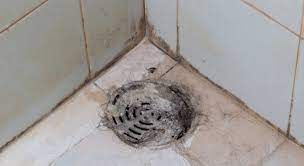
Preventing Calcium Buildup in Drain Pipes & Faucet
Prevention is key when it comes to calcium buildup in drains & pipes and on your faucet. By taking proactive measures, you can minimize the occurrence of calcium buildup & mineral deposits on your faucet created by hard water and prolong the lifespan of your faucet & plumbing system. Here are some preventive measures you can implement:
1. Water softening: Installing a water softener can significantly reduce the mineral content in your water, preventing the formation of calcium buildup. Water softeners work by replacing calcium and magnesium ions with sodium ions, resulting in softer water.
2. Regular cleaning: Regularly cleaning your drains can help prevent the buildup of minerals and organic matter. Use natural or chemical cleaners specifically formulated for drain maintenance. Avoid using harsh chemicals that can damage your pipes.
3. Strainers and filters: Installing strainers or filters in your drains can help catch debris and prevent them from accumulating in your pipes. This can reduce the likelihood of calcium buildup and clogged drains.
By implementing these preventive measures, you can reduce the hard water and severity of calcium buildup in your drain pipes, saving you from the hassle of dealing with clogs and plumbing issues. Call Denver’s best plumber, Drain Brain LLC today at 720-322-4845 we can help.
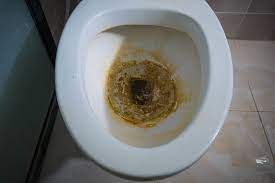
Calcium buildup in Toilet Bowl, How to Remove it?
Calcium buildup in the toilet bowl is a common issue that many homeowners face. Over time, minerals from hard water can accumulate and form a thick layer of calcium deposits, making the toilet bowl look dirty and unappealing. Fortunately, there are several effective methods to remove calcium buildup and restore the cleanliness of your toilet bowl.
One of the easiest ways to remove calcium buildup from the toilet bowl is by using a mixture of vinegar and baking soda. Start by pouring a cup of vinegar into the toilet bowl and letting it sit for a few hours. Then, sprinkle some baking soda over the vinegar and scrub the bowl using a toilet brush.
The combination of vinegar and baking soda helps to dissolve the calcium deposits and make them easier to remove. Another method to remove calcium buildup is by using commercial descaling agents specifically designed for toilets. These products contain chemicals that break down the calcium deposits and make them easier to scrub away. Follow the instructions provided by the manufacturer for best results. It is important to note that these products may contain harsh chemicals, so be sure to wear gloves and ventilate the bathroom properly while using them.
For stubborn calcium buildup that is difficult to remove with vinegar or commercial descaling agents, a pumice stone can be used. Wet the pumice stone and gently scrub the affected areas of the toilet bowl. Be careful not to apply too much pressure as this may scratch the porcelain surface. Rinse the toilet thoroughly after using the pumice stone to remove any residue.
Prevention is key when it comes to dealing with calcium buildup in the toilet bowl. Regularly cleaning the toilet bowl with a mild acidic cleaner, such as lemon juice or vinegar, can help prevent calcium deposits from forming. Additionally, using a water softener or installing a water filter can reduce the amount of minerals in your water supply, thereby minimizing calcium buildup. Call Denver’s best plumber, Drain Brain LLC today at 720-322-4845 we can help.
Calcium buildup can be a common problem in households, especially in areas with hard water. It can leave stubborn stains on faucets, showerheads, and other surfaces, making them appear dull and dirty. However, with the right techniques, cleaning calcium buildup can be a relatively simple task.
To begin with, it is important to gather the necessary supplies. A mild acidic solution, such as vinegar or lemon juice, is effective in breaking down calcium deposits. Additionally, a soft cloth or sponge, a toothbrush, and a plastic scraper can be useful tools in removing the buildup.
Next, it is essential to apply the acidic solution to the affected areas. This can be done by soaking a cloth or sponge in the solution and then gently scrubbing the surface. For smaller or hard-to-reach areas, such as around faucets or showerheads, a toothbrush can be used to apply the solution more precisely.
After applying the solution, it is important to let it sit for a few minutes to allow the acid to break down the calcium deposits. This will make it easier to remove the buildup. Once the solution has had time to work its magic, the surface can be rinsed thoroughly with water.
In some cases, particularly severe calcium buildup may require additional methods. In such instances, a plastic scraper can be used to gently scrape away the stubborn deposits. However, caution should be exercised to avoid scratching or damaging the surface.
Finally, after the calcium buildup has been successfully removed, it is important to prevent future buildup. Regular maintenance and cleaning can help prevent calcium deposits from forming in the first place. Using water softeners or installing water filters can also be effective in reducing the amount of calcium in the water supply. Call Denver’s best plumber, Drain Brain LLC today at 720-322-4845 we can help.
Calcium Buildup Problems, Call Drain Brain LLC- 720-322-4845
Are you tired of dealing with stubborn calcium buildup in your Denver home's drains and pipes? If so, you're not alone. Calcium deposits can accumulate over time, leading to clogs, reduced water flow, and even corrosion. When it comes to removing this pesky buildup, it's essential to find the best solution that works effectively and efficiently. Call Denver’s best plumber, Drain Brain LLC today at 720-322-4845 we can help.
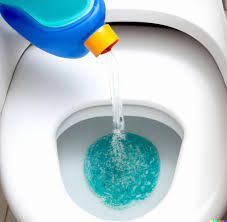
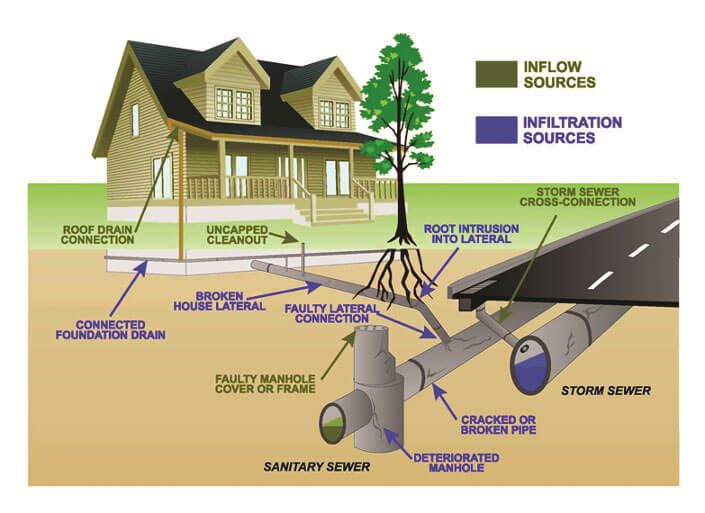
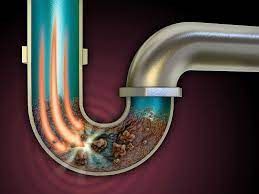
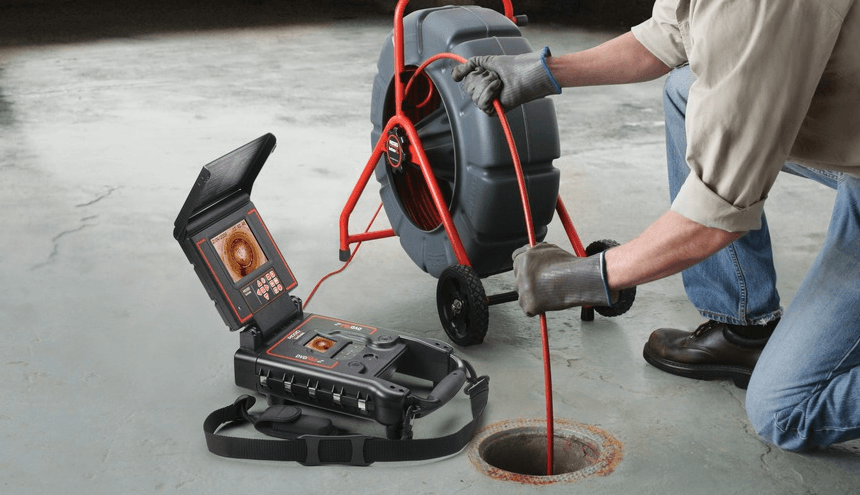
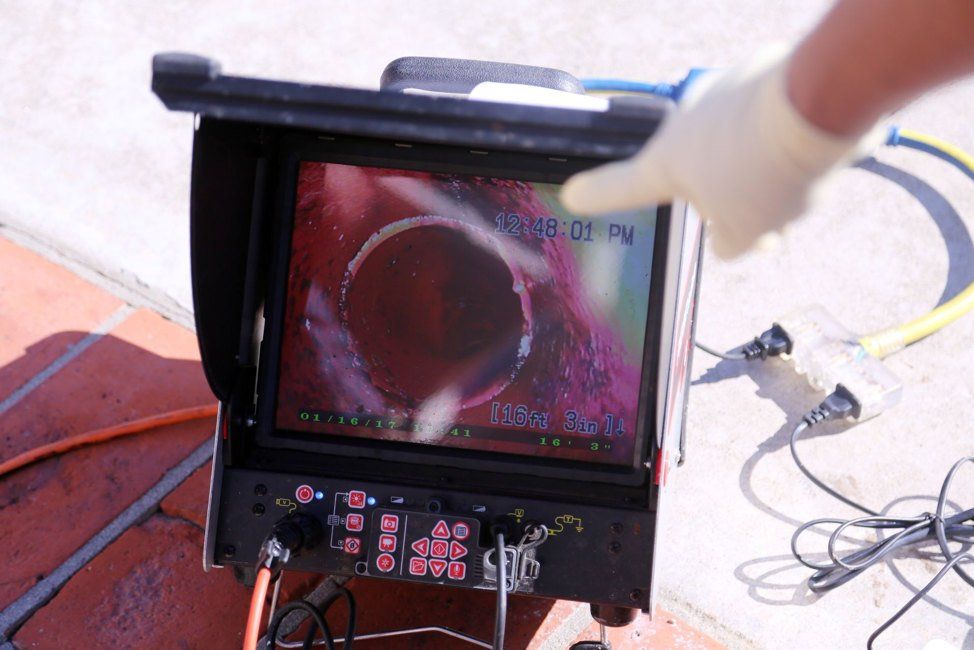
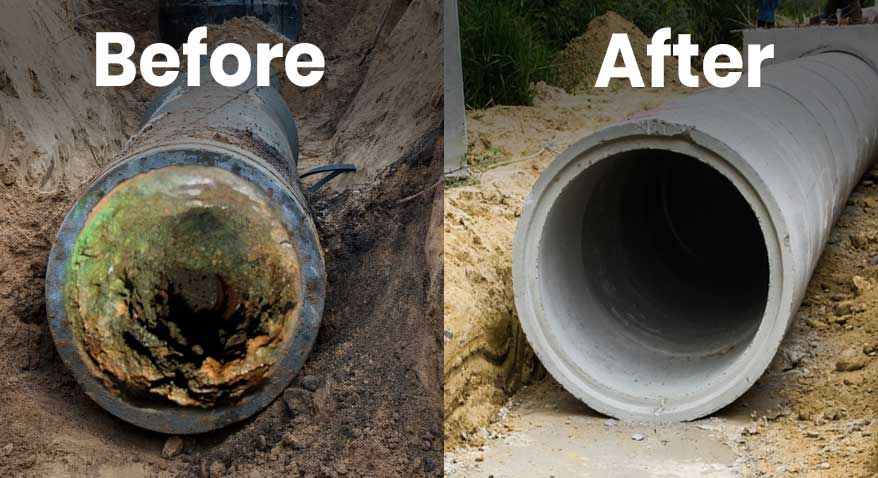
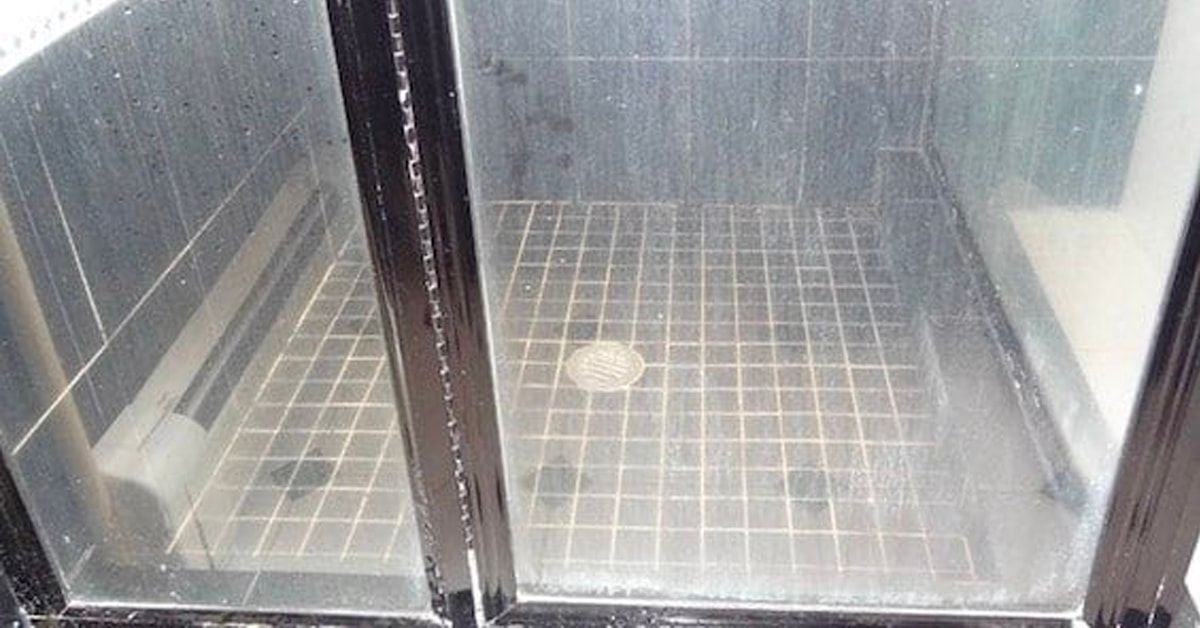
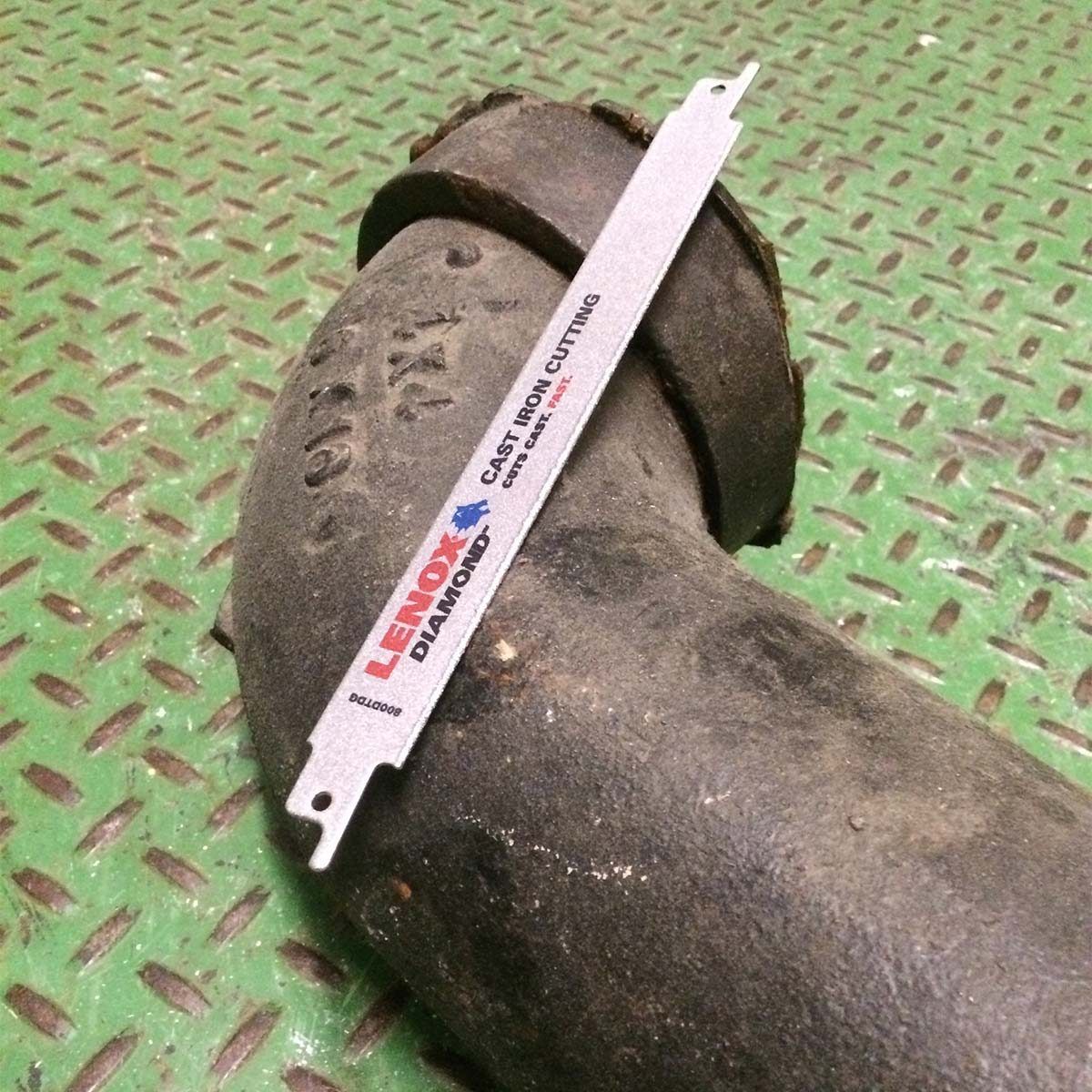
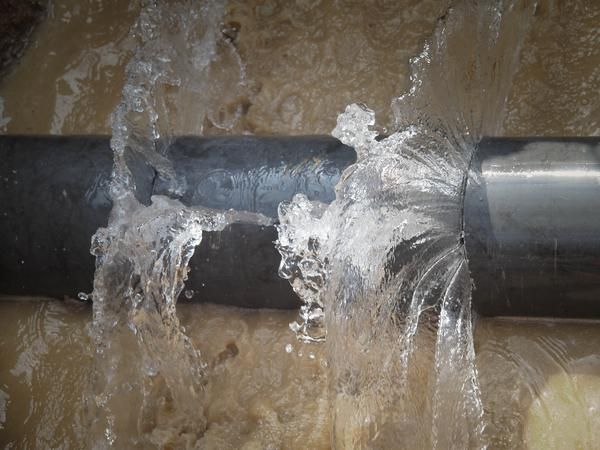
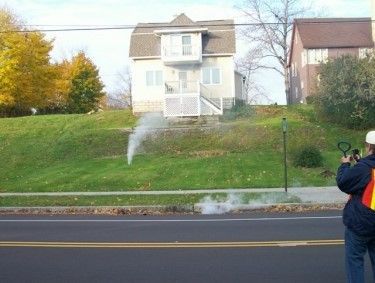
SERVICE AREAS
Arvada
Aurora
Bennett
Boulder
Broomfield
Brighton
Castle Rock
Castle Pines
Centennial
Commerce City
Columbine
Dacono
Denver
Erie
Englewood
Firestone
Federal Heights
Golden
Greenwood Village
Greeley
Hudson
Highlands Ranch
Ken Caryl
Lafayette
Lakewood
Littleton
Longmont
Louisville
Northglenn
Superior
Sherrelwood
Thornton
Welby
Windsor
Westminster
Wheat Ridge
Arvada
Aurora
Bennett
Boulder
Broomfield
Brighton
Castle Rock
Castle Pines
Centennial
Commerce City
Columbine
Dacono
Denver
Erie
Englewood
Firestone
Federal Heights
Golden
Greenwood Village
Greeley
Hudson
Highlands Ranch
Ken Caryl
Lafayette
Lakewood
Littleton
Longmont
Louisville
Northglenn
Superior
Sherrelwood
Thornton
Welby
Windsor
Westminster
Wheat Ridge
